Do Americans believe their elections are legitimate?
A newly released poll claimed that only about one-third of American voters believe US President Joe Biden won the 2020 presidential election by voter fraud. That poll, conducted by Monmouth University, was released on Thursday.
According to the Monmouth poll, 32 percent of voters attributed Biden’s victory in the 2020 election to voter fraud, while 72 percent say Biden won “fair and square."
But a larger review of the record, including an earlier poll by Monmouth - in relation to their measure of Trump's popularity, and the public's sense of election legitimacy - suggests that the conclusions of the recent report may be inaccurate.
One day before the 2016 election, Monmouth released a poll under the heading "Clinton Leads by 6 Points" and the subheading "Most expect Clinton to win, few believe the system is rigged".
According to the official summary of the study, 50% of likely voters supported Clinton and 44% backed Trump. The total tally of the popular vote the next day favored Clinton by 48.2% to Trump's 46.1%.
The published report of the poll did not provide a breakdown by state, which would have allowed an estimated calculation of Electoral College votes. Trump won that vote and, thus, the presidency, by 304 to 227, or a 57.25% to 42.75% margin.
In other words, the 2016 poll was useless for the purpose of projecting who would win the election.
More importantly, 87% of likely voters said that the winner would "win fair and square" and only 9% said the winner would win "mainly because the system is rigged."
The current Monmouth poll asked if Biden "won the 2020 election fair and square" or if "he only won it due to voter fraud". Data gathered in November 2020, in January, March, June and November 2021, and earlier this month, returned a range of between 60% and 65% "fair and square" responses versus 32% returned at all six data points for "due to voter fraud".
In the 2020 election, Trump received 46.9% of the popular vote compared to Biden's 51.3%. Those Trump voters went to bed thinking their candidate won. When they awoke the next morning, they were told that a flood of paper mail-in ballots had changed the outcome. That more than half of these voters would conclude that the election was "fair and square" is, at the very least, controversial.
Questions of legitimacy have been building since the 2016 presidential primaries
Added to those likely skeptics are others whose faith in election integrity was seriously challenged, both in 2016, and again in 2020 - supporters of Democratic candidate Bernie Sanders.
In 2016, by the Democratic National Committee (DNC)'s own figures, Bernie Sanders got 43.14% of the popular vote to Clinton's 55.2%. At the time, there were serious questions about electoral integrity being raised by his supporters throughout the primary process. There were the WikiLeaks revelations that the DNC officials, including Donna Brazile, who was forced to resign after taking over from Debbie Wasserman Schultz when she was forced to resign, had rigged debate questions and a long list of party functions that, by its own rules, were not supposed to favor one candidate over another.
And there were multiple state and federal lawsuits, including one in the Federal District Court in Florida alleging that the DNC had committed fraud in the inducement by telling Sanders supporters that there would be a fair primary, which induced their millions of dollars in campaign contributions, only to have it wasted on a stolen primary. Others alleged fraud in the purging of likely Sanders voters from the rolls and the rigging of the California primary. These were still very much in the minds of Sanders delegates at the 2016 Democratic convention, where they demonstrated their displeasure with the process, and the DNC generally, with daily walkouts featuring thousands chanting in the halls of the Wells Fargo Center "Hey, hey, DNC. We won't vote for Hillary."
The antipathy of Sanders delegates to the process was on daily display, and it was so evident to all but TV viewers that there was a decision to not call a final delegate vote in the hall, but instead to nominate Clinton by acclamation, thereby sparing the party the embarrassment of running their campaign with an openly divided party.
Ultimately, Sanders supporters displayed their anger and mistrust of the process by staying home in sufficient numbers on Election Day.
In 2020, Sanders again ran a campaign, and again, his supporters felt as if the process was rigged and spoke about it openly. Then the convention was canceled altogether, along with a number of key primaries, and instead a strung together "virtual convention (i.e., a TV show), much of which was not even broadcast live, was produced and aired, and in the place of actual votes, polls were produced to demonstrate that Biden was the preferred candidate of Democratic voters. Certainly, this added to, and didn't subtract from, mistrust of the process among Sanders supporters.
To then conclude, after all this - as Monmouth apparently did in both the 2016 and the follow-up 2020 polls - that there was little suspicion of vote fraud among Sanders’ supporters is simply ridiculous. And given the demonstrated inaccuracy of Monmouth's polling in 2016, that conclusion is, at a minimum, controversial. If one reviews the actual history of these things as recited above, it is clear that a fair and accurate poll of the electorate would disclose strong suspicion of fraud among most of Trump's voters, and at least 25%-33% of Democratic voters consequent to the demonstrated fraud employed against Sanders.
Palestinian activist in ICE detention 'missing' after medical emergency
Any enemy miscalculation will be met with ‘unprecedented’ response: Iran army chief
VIDEO | Press TV's news headlines
Hamas urges mediators to curb Israel’s violations of Gaza ceasefire
Islamic Revolution anniv. rallies to span 1,400 cities, draw 7,700 media personnel: Official
Latifa Abouchakra briefly arrested by Midlands Police
Iran advises US to act independently of ‘destructive’ Israeli influence amid nuclear talks in Oman
VIDEO | 'Not in my name': Pro-Palestinian rally held in Sydney against Israeli president's visit


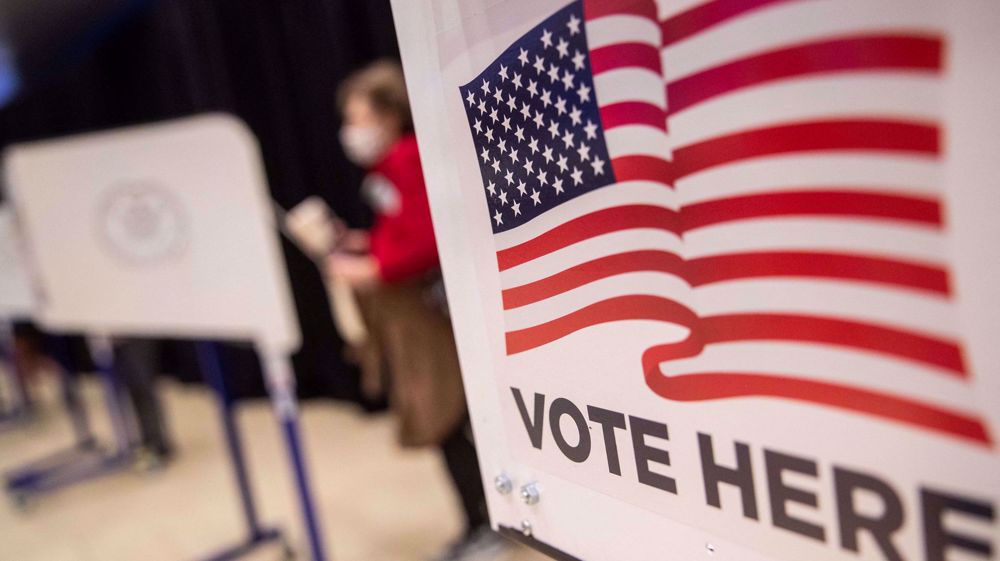
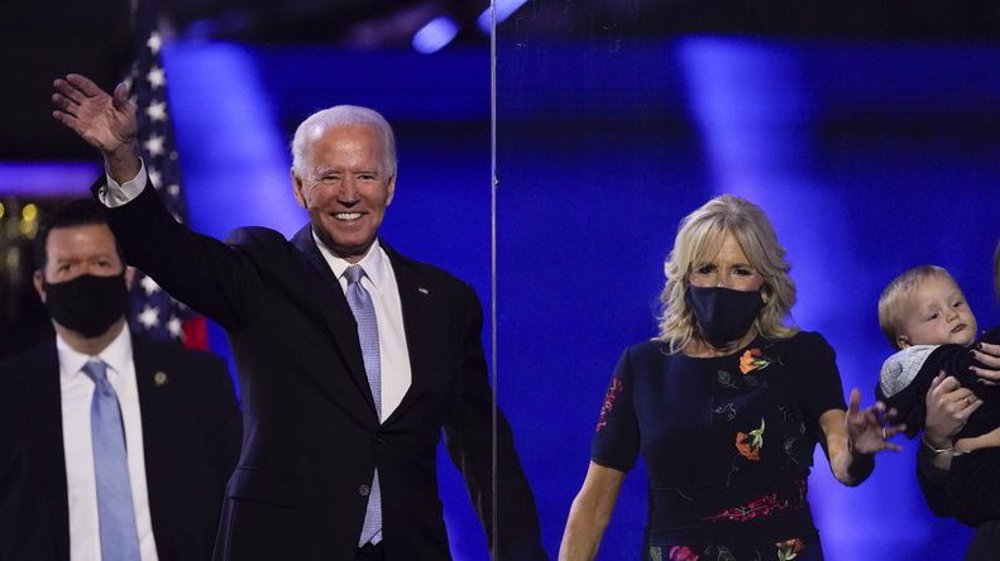
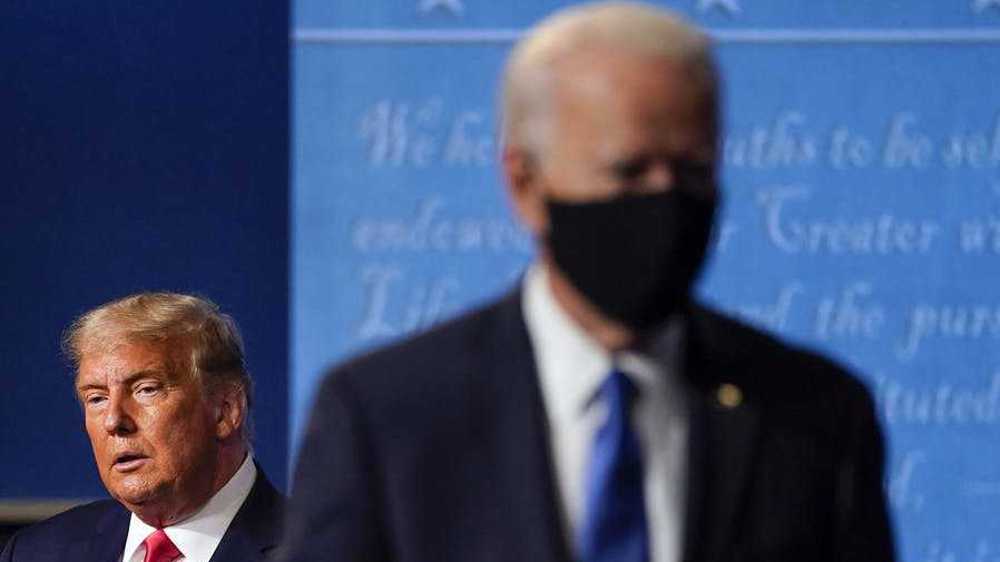
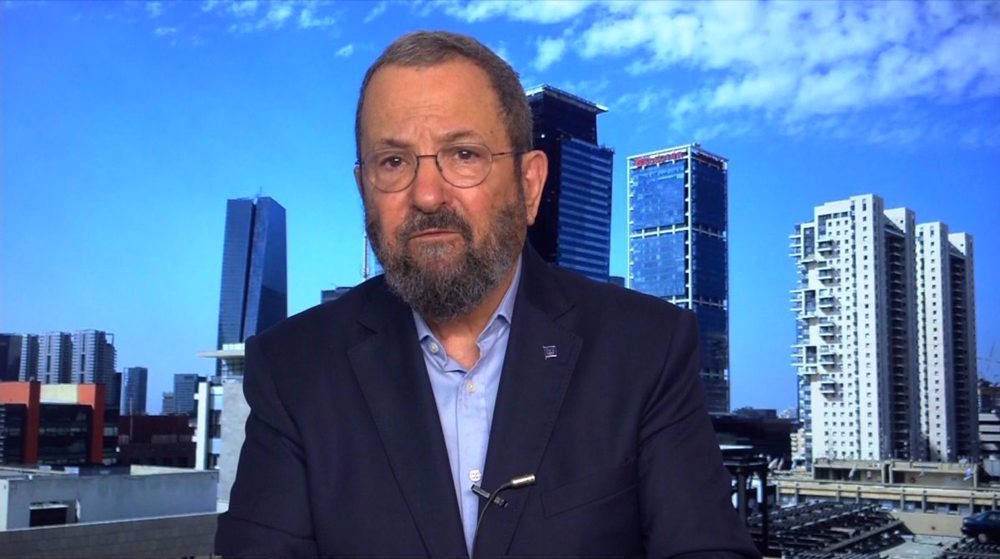

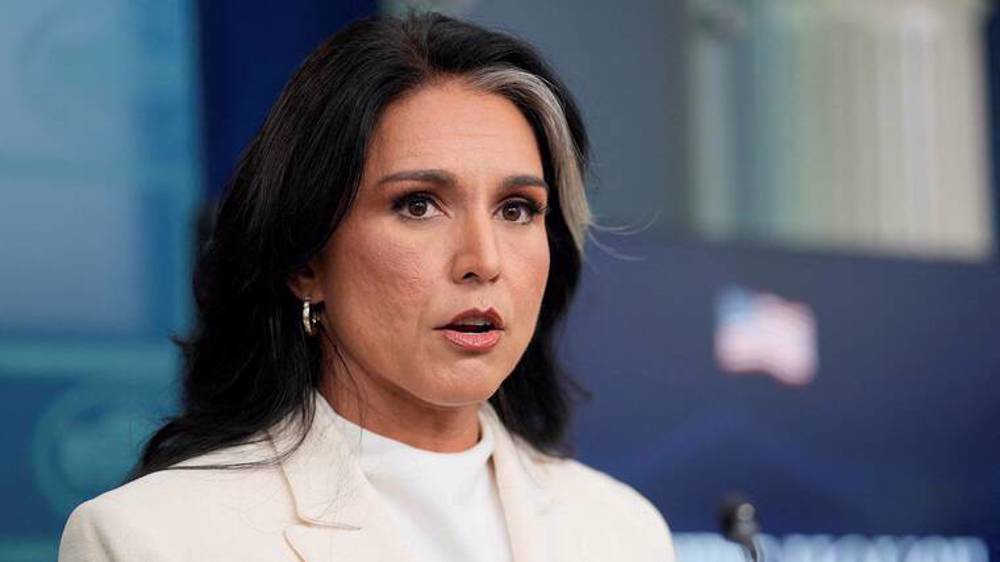




 This makes it easy to access the Press TV website
This makes it easy to access the Press TV website